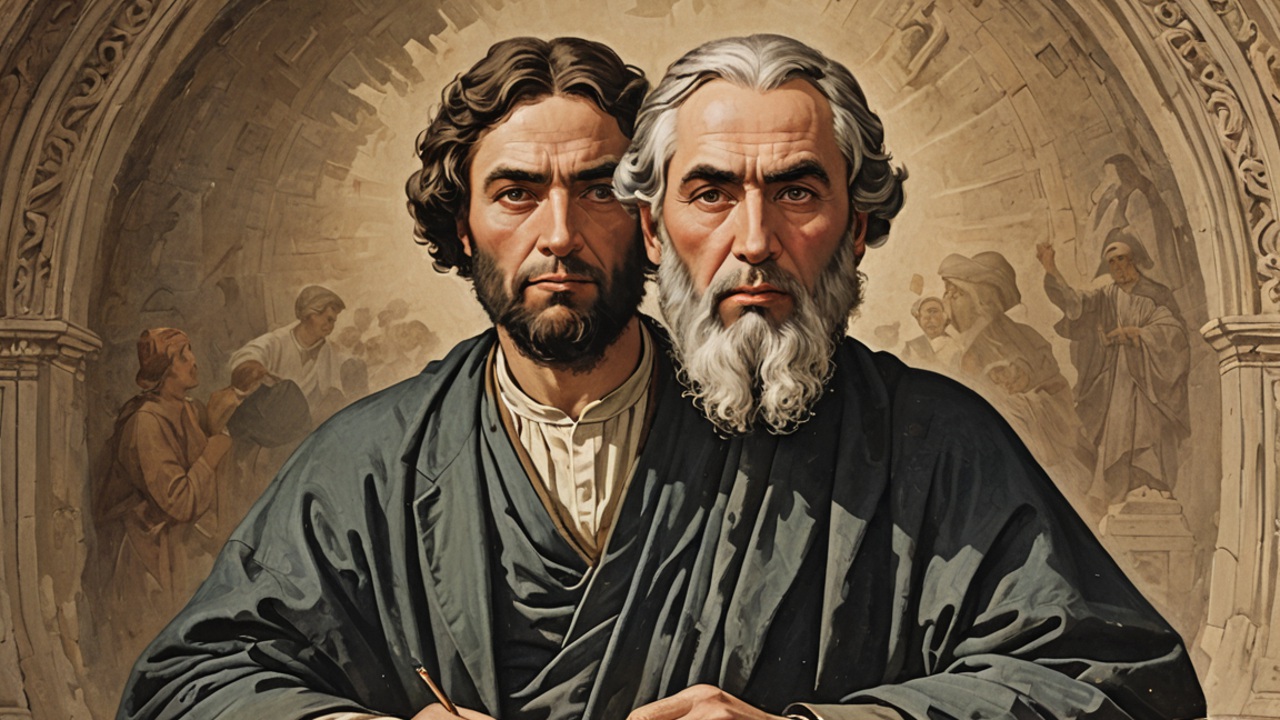1. Nostradamus (1503-1566)
- Background: Michel de Nostredame, known as Nostradamus, was a French apothecary and seer. He is best known for his book "Les Prophéties," a collection of quatrains that many believe predict significant future events.
- Significance: His cryptic and poetic verses have been linked to events such as the rise of Napoleon, World War II, and the September 11 attacks, though these interpretations are often debated due to the vague nature of his writings.
2. The Oracle of Delphi (Ancient Greece)
- Background: The Oracle of Delphi was a priestess known as the Pythia, who served the god Apollo at the Temple of Delphi. Ancient Greeks considered her prophecies to be divinely inspired.
- Significance: The Pythia's prophecies played a crucial role in Greek political and military decisions. Her predictions were often ambiguous, allowing for multiple interpretations, which were then adapted to fit various situations.
3. Joan of Arc (1412-1431)
- Background: Joan of Arc, a French peasant girl, claimed to have received visions from saints instructing her to support Charles VII and recover France from English domination during the Hundred Years' War.
- Significance: Her prophecies and leadership led to several important victories for the French. Joan was eventually captured and executed, but she was later canonized as a saint, and her life and prophecies have become legendary.
4. Edgar Cayce (1877-1945)
- Background: Known as the "Sleeping Prophet," Edgar Cayce was an American mystic who claimed to channel answers to various questions while in a trance-like state. His prophecies covered topics like health, reincarnation, and future events.
- Significance: Cayce is credited with predicting events such as the stock market crash of 1929 and World War II. He also made predictions about the future, including earth changes and the discovery of ancient lost civilizations like Atlantis.
5. Baba Vanga (1911-1996)
- Background: Baba Vanga, a blind Bulgarian mystic, is often referred to as the "Nostradamus of the Balkans." She claimed to have the ability to predict future events and made numerous prophecies during her lifetime.
- Significance: Baba Vanga's predictions include the rise of ISIS, the 9/11 attacks, and the election of Barack Obama. Many of her prophecies are open to interpretation, and some have been debunked, but she remains a popular figure in the Balkans.
6. Muhammad (570-632 AD)
- Background: Muhammad is the founder of Islam and is considered the last prophet in a long line of prophets in Islamic tradition. Muslims believe that he received revelations from God (Allah), which were later compiled into the Quran.
- Significance: Muhammad's prophecies include predictions about the end times, the spread of Islam, and specific events that would occur after his death. His prophecies are central to Islamic eschatology.
7. Joseph Smith (1805-1844)
- Background: Joseph Smith was the founder of the Latter Day Saint movement (Mormonism). He claimed to have been visited by God and Jesus Christ and to have received golden plates containing the Book of Mormon.
- Significance: Smith made several prophecies, some of which are recorded in Mormon scriptures like the Doctrine and Covenants. His prophecies include the establishment of the Kingdom of God on Earth and the Second Coming of Christ.
8. The Fatima Prophecies (1917)
- Background: The Fatima prophecies stem from a series of Marian apparitions reported by three shepherd children in Fatima, Portugal. The Virgin Mary is said to have given them three "secrets" that were later interpreted as prophecies.
- Significance: These prophecies include visions of hell, the end of World War I, the rise of communism, and the assassination attempt on Pope John Paul II. The Vatican eventually revealed the contents of these secrets, sparking widespread interest and debate.
Conclusion:
Purported prophets have played significant roles in shaping cultural, religious, and historical narratives. Whether revered as divine messengers or viewed with skepticism, their prophecies continue to influence and intrigue people worldwide. Interpretations of their predictions often vary, and their impact depends on the context in which they are understood.


